Believe it or not, people have faced federal charges for removing or even disturbing bird nests. In 2014, Oakland, California tree trimmer Ernesto Pulido was charged with a misdemeanor violation of the U.S. Migratory Bird Treaty Act when he trimmed several nest-laden trees for the U.S. Postal Service. The trees had a large colony of egrets and black-crowned night herons, native birds protected by the federal government. Five birds suffered bruises and fractures.
Pulido faced up to six months in federal prison and a $15,000 fine. However, the penalties were reduced because he expressed remorse and pledged to pay almost $3,000 for the injured birds’ care.
In Philadelphia, three members of a bridge repair crew were charged in federal court with covering up harm they inflicted on a peregrine falcon nest. Workers with heavy construction equipment scared off the birds, which abandoned their unhatched eggs, according to investigators from the U.S. Fish and Wildlife Service. Once the damage was done, authorities say, crew members lied to investigators about the unauthorized work in an attempt to cover up the fact that they had several undocumented immigrants working on the site.
The federal Migratory Bird Treaty Act of 1918 makes it illegal to destroy or disturb nests with birds or eggs in them. This means if you find a nest that is active, unless you get a permit to do so (not so easy), you legally have to wait the four to six weeks in which it usually takes young birds to migrate before you can remove the nest. On top of that, states can have their own regulations, too.
The Act also makes it illegal to collect or have in your possession live native birds (adults or young), bird feathers, nests or eggs, to try to incubate wild bird eggs, to keep nests or eggs even for “show and tell” educational purposes, or to have road-killed birds in your possession without a permit.
It is illegal to remove or move active nests, even if:
they are in an inconvenient location;
they create piles of poop;
they build an unsightly nest and drop pigeon and rat remains on the sidewalk in front of an upscale Fifth Avenue housing coop in NYC, ala the Pale Male Red-tailed Hawk.)
The U.S. Fish & Wildlife Service is responsible for administering the Migratory Bird Treaty Act. While the law is not often enforced, penalties are severe – up to six months in jail and a fine of up to $15,000. Equipment used to pursue, hunt or trap can also be seized.
Before the Migratory Bird Treaty Act was passed, hunting of non-game birds was basically unregulated. Stuffed birds adorned hats and some Native birds like Bobolinks and Cedar Waxings were even served in restaurants. Egg collecting was a popular hobby. Ornithologists captured rare birds to add to their collections. When people became concerned about wholesale slaughter of certain species, the Act was passed.
EXCEPTIONS TO THE ACT
House sparrows commonly nest around human homes. Dryer and other vents, attic vent louvers, and crevices, such as around window-mounted air-conditioners, are favorite nest locations. Luckily, the common house sparrow is listed as an exception to the Act, which means it can be removed from around your house.
Exceptions for birds considered non-natives and exotics in the U.S., include:
House Sparrow (Passer domesticus)
European Starling (Sturnus vulgaris)
Domestic Pigeon or Rock Dove (Columba livia)
Monk parakeet (Myiopsitta monachus – the only parrot that doesn’t nest in cavities)
Eurasian Collared Dove (Streptopelia decaocto)
Canada Goose (Branta canadensis – egg and nest removal without a permit, and hunting), and
for some captive-bred birds like mallards.
If a nest is under construction, that is the best time to remove it. Take precautions when handling the nest yourself, and always wear an adequate face mask and safety glasses! Abandoned nests often contain bird mites, fleas, ticks and other parasites.
What do you think? Is putting tree trimmers in the slammer going too far? Or do the birds deserve strict protection?
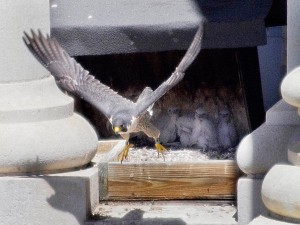
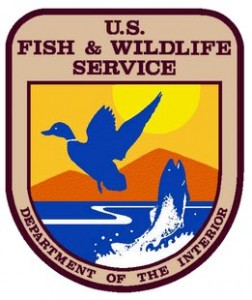
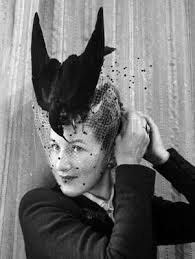

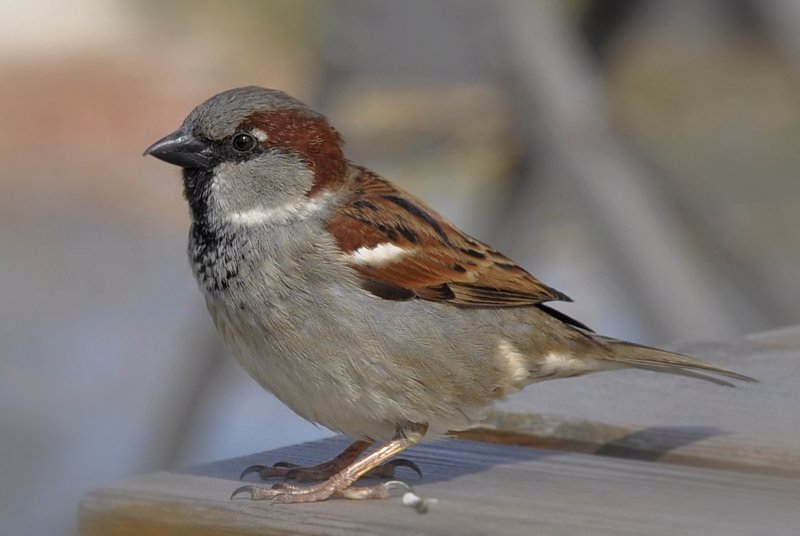




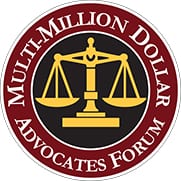





The birds deserve strict protection. Tree trimmers should be taught before they perform their job what the laws are and what to look for. It is the responsibility of management of tree trimming business to convey these laws to their employees.
Eggs of a bird are protected from destruction but a baby in the womb can be killed for convenience sake. There is something so very evil about this.
Shut up
There is a federal law that states it is illegal to disturb an active nest. And the penalties are pretty hefty.
A friend of mine just had about 50 large trees cut down in her neighborhood to make way for sewer construction. I can’t imagine how many active nests were destroyed, because these were big trees. If they had started three weeks earlier like they were supposed to it would not have mattered. I guess it’s okay for the city to go ahead and break the law. Although it would probably be the workers who did the cutting that would get the penalty. I wonder what would happen if my friend made a call to DNR.
This was waste time and yours, so have nice day!
As tree trimmers are actively, as I write this, cutting down a tree with a Ravens nest – my heart breaks.
One would think tree trimmers would know the laws of their trade.
What 8f the eggs are froze and cracked…Can those be removed??
Birds should receive reasonable protection and care should be taken to avoid damaging nests or eggs. On the other hand, we have “dominion over the birds of the air and the beasts on the ground” for our needs. The USPS hired the guy. Don’t you think it carries some responsibility?!
My handicap son and husband was attacked numerous times and over 60 ft away from nest. My son needs medical treatment. Plus neighbors having close calls. I can see not wearing birds as clothing. But once they endanger humans think removal of the hawks to another location is proper. This is a 1918 law, needs to updated .
unborn ducks have more rights than unborn humans in this country